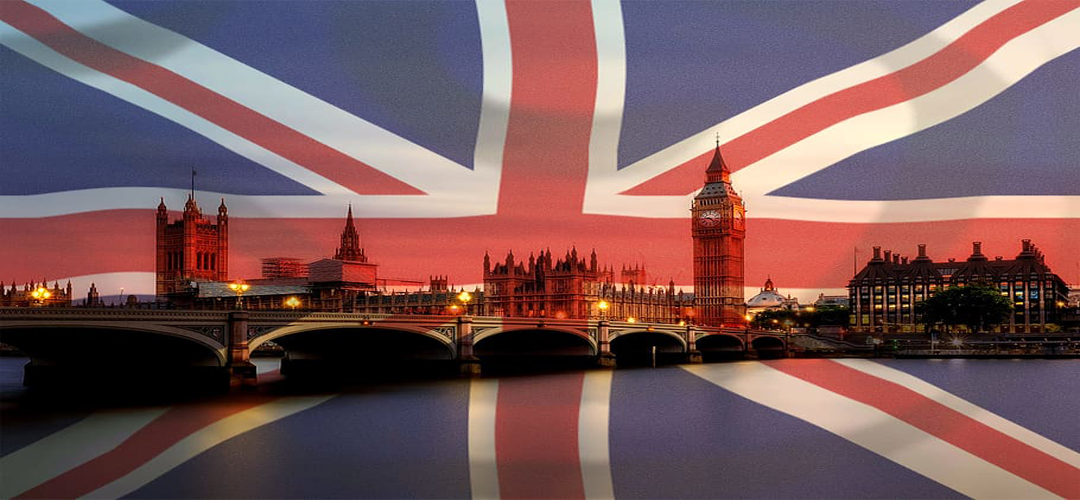Lesser Work Hours-more Productivity
February 25, 2023 | Expert Insights

Last year over 70 countries in Great Britain, and many more the world over, decided to experiment with a four-day work week. This was obviously motivated by the success of 'work from home', which kept many businesses alive (and thriving) even in the darkest days of the pandemic lockdowns. It seems the pandemic has shifted the goalposts of work and life balance.
Six months later, many decided to continue with the experiment. The University of Cambridge, part of a landmark study to evaluate the impacts of such a work culture, was enthusiastic with the results, claiming that "on average, businesses adopting a four-day working pattern increased their revenues by more than a third.”
Since Henry Ford introduced the five-day week in 1926, there have been demands off and on, especially from labour unions, for a four-day week.
Background
The country-wide experiment in the UK was participated by businesses from all walks of life, including the prestigious Royal Society of Biology and many street food stalls hawking fish and chips. The experiment that began in June last year involved nearly 3000 workers allowed a four-day week without reducing their salary or workload. The experiment was being monitored by Cambridge and Oxford universities as well as Boston College.
Different models were adapted as per the demands of the concerned companies. For example, the company could pick the off days depending on their weekly workload. Some sought to run the company all seven days by having a shift system that allowed workers to spend three days with their families.
The researchers analysed how the workers responded to the extra day off and its impact on job stress, burnout and job satisfaction. While all companies boast flexible work hours to attract talent, few practised it due to company hierarchies untill compelled by the pandemic work culture.
Iceland has one of the highest quality of life and has been a step ahead, with even the public sector seriously contemplating a 35-hour work week. Similarly, the Spanish government has been attempting a similar trial with 200 companies which is expected to last three years.

Analysis
The UK study has come out with a definitive finding- the shorter work week is a win-win- more profits for the company while happier employees. But like all human activities, it has supporters and detractors.
The 'For' lobby claims that workers on their own strive harder to better their targets, even if they have one day less of work. In fact, while the Cambridge study saw a 1.4 per cent revenue increase, others claim a spike of nearly 35 per cent.
Out of 61 companies participating in the trial, 56 have announced their willingness to continue with the trial, while 18 have adopted it permanently. This has raised calls to the government to pass a law that makes it mandatory. It is believed that when the work week is short, meetings and discussions are shorter, crispier and decisions faster as the decisions must be implemented immediately. The best was that even when given an extra day off, most workers did not mind working on their own time for the benefit of the company but without any rancour.
However, not all are happy, as tradition-loving bosses feel that worker attitude post-pandemic has become too soft and comfort-loving. Used to a conventional work schedule, the senior leadership is the least convinced. They felt that they were getting less out of their subordinates because they saw less of their subordinates. Without real-time, face-to-face feedback, the managers were less confident of the work output of their teams and thus felt insecure.
However, one basic fact does not change- the quantum of workload. Since that does not reduce (and only increases as the company grows in revenues), the workers must find the technique to do the same (and more) work in the shorter available time. A new work model must be evolved, and more importantly, all workers have to be fully on board to ensure there are no slippages. Therefore, behind the lure of the extra weekend, there is a barrier of work to be cleared, which may come at a price-emotional and work efficacy-wise.
Companies have experimented with different models. Some have intensified the workload to fit it into longer shifts. Some have combined the introduction of new tools and operating practices to increase output while reducing time. However, it demands a carefully planned work strategy that takes into account the fluctuating nature of demand and supply as per market conditions.
Assessment
- Obviously, there are advantages and disadvantages to the shorter work week. In most cases, the employees will be happy and work with a sense of well-being, reducing work-related burnout and improving worker retentivity. If a shorter week continues to improve the company's financial health, no management will begrudge the extended weekend enjoyed by their employees.
- However, like all social entities, workplaces are living things which thrive with the interconnectivity and interpersonal relations of the workers with each other and their managers. A four-day week will leave little time for building team spirit, elan and comradeship. As it is, employees working on computer workstations feel detached from their company which will only make them drift farther if they reduce their face-to-face work interactions.








Comments